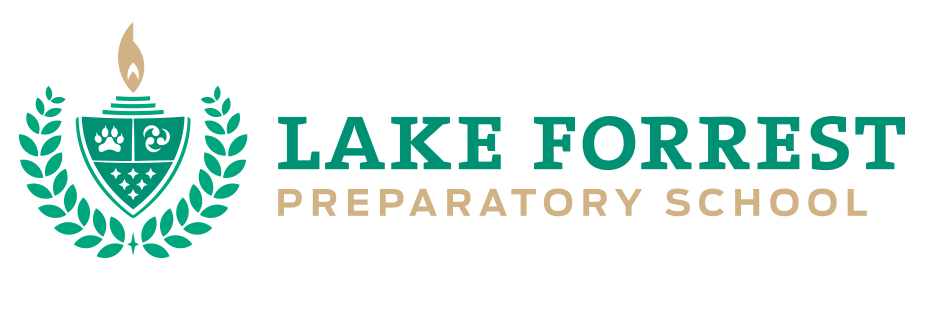Have you heard of the 5 Cs? They represent the key skills students need to succeed in today’s world: critical thinking, communication, collaboration, creativity, and character. Among these, critical thinking—the ability to analyze information, ask thoughtful questions and make evidence-based decisions—forms the foundation for learning and growth. Teaching these skills early sets young students on the path to lifelong success. Here are five strategies to help develop critical thinking from the very start:
Encourage Asking Questions
Encouraging children to ask and explore questions is at the heart of developing critical thinking skills. It’s one of the oldest teaching techniques, dating back to the ancient philosopher Socrates. This famous question-and-answer approach, now known as the Socratic method, promotes discovery and deeper understanding. While traditionally used with older students, research shows that it can be a powerful strategy for children as young as five. This method extends beyond the classroom and can be easily applied by parents at home, making it an effective tool for nurturing curiosity and reasoning from an early age.
Have Friendly Debates
Debating is another simple yet powerful tool that helps develop strong critical thinking skills at any age. Like the Socratic method, it has its roots in ancient Greece, where open dialogue and respectful disagreement were seen as essential to learning and understanding. When children are encouraged to explain their ideas, consider other perspectives and respond thoughtfully, they build reasoning and communication skills that last a lifetime.
A friendly back-and-forth debate about books, cartoons or even what to have for dinner can have a meaningful impact. At home, try asking questions like, “What makes you think that?” or “Can you see it another way?” to gently challenge assumptions and spark deeper thinking. Ask your child to support their point with reasons and evidence. If they want something, ask them to prove why it’s useful or helpful. You can have a friendly debate about it, creating a safe space where ideas are tested and critical thinking thrives.
Engage in Problem-Solving Activities
Problem-solving is where critical thinking comes to life. When children face challenges that don’t have a single correct answer, they learn to evaluate options and make decisions based on facts, knowledge and reasoning.
Encourage thinking outside the box. You don’t need complex logic puzzles to practice. Day-to-day life offers the perfect platform. Empower children to resolve age-appropriate problems while giving them freedom to explore multiple solutions, even if not all are successful. It teaches children that there’s often more than one way to solve a problem, and that trying, failing and trying again is part of learning.
Set Time for Reflection
Reflection is an important stepping stone in honing critical thinking skills, helping young learners understand their thought processes. When children pause to consider what worked, what didn’t, and why, they develop greater self-awareness. As children grow, this ability will help them recognize their strengths, track progress and identify areas for improvement. Reflection also helps children hone their reasoning skills by encouraging them to connect new knowledge to prior understanding, apply strategies to new situations and become more aware of their own thinking and learning processes.
Promote Reading and Discussions
Reading aloud together is more than just sharing a story—it’s a gateway to critical thinking. It helps develop essential skills such as analysis, interpretation and the ability to create and communicate an argument. Every good story presents a problem or conflict, providing young learners with a natural way to practice identifying challenges, considering solutions and understanding consequences. When parents engage in thoughtful discussions about what they read, they encourage children to question assumptions and explore different perspectives. Transform reading time into a dynamic discussion by asking thought-provoking questions like, “What do you think the author is trying to say?” or “How would you handle this situation differently?”
Developing critical thinking skills in young students is essential for their academic success and lifelong growth. By encouraging curiosity through asking questions, engaging in respectful debates and practicing problem-solving, parents can lay a strong foundation for thoughtful, independent learners. At Lake Forrest Prep, a K-8 private school in Orlando, we’re dedicated to nurturing critical thinking skills through a supportive and engaging learning environment. Our mission is to prepare our students to become confident, independent thinkers ready to succeed in school and beyond. Contact us today to schedule a tour.


